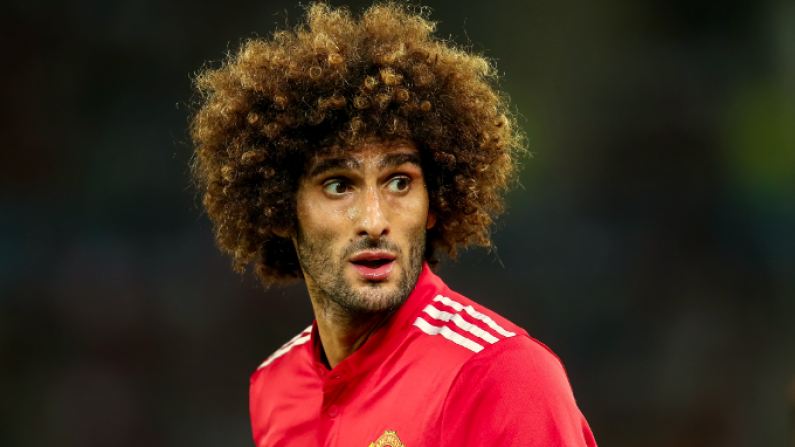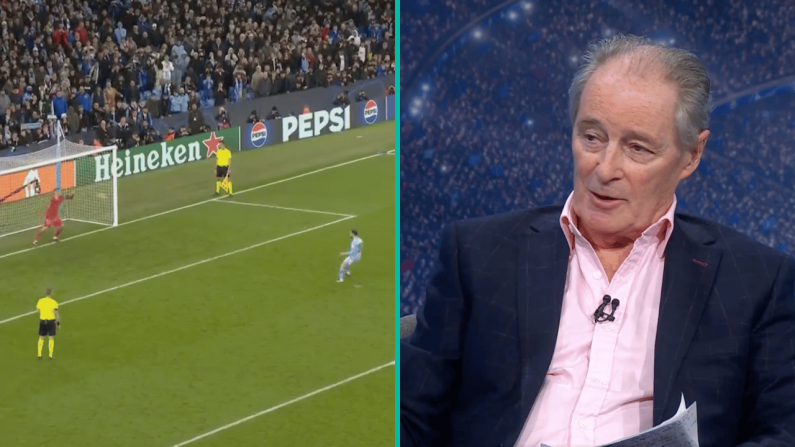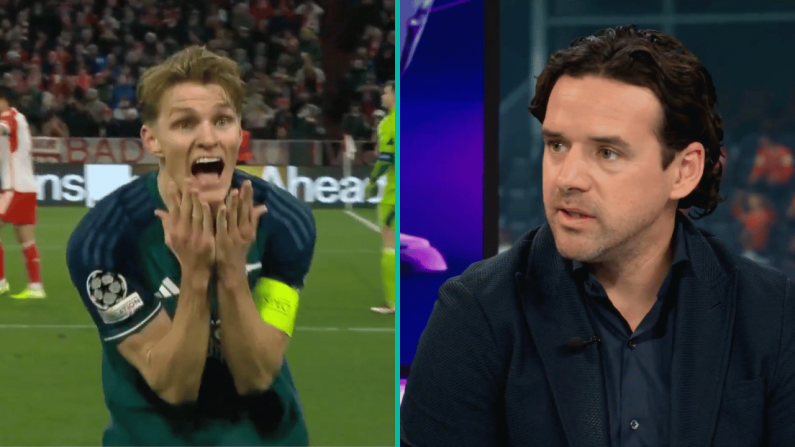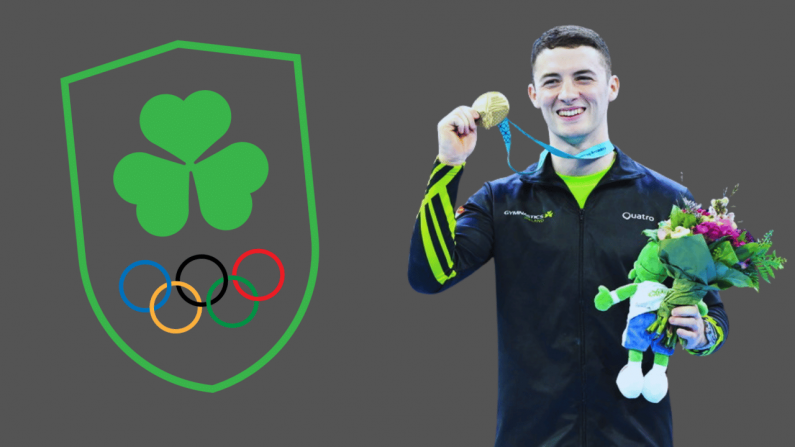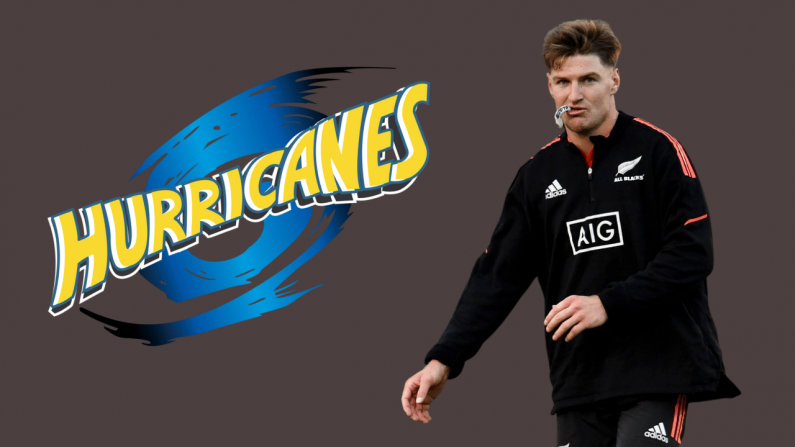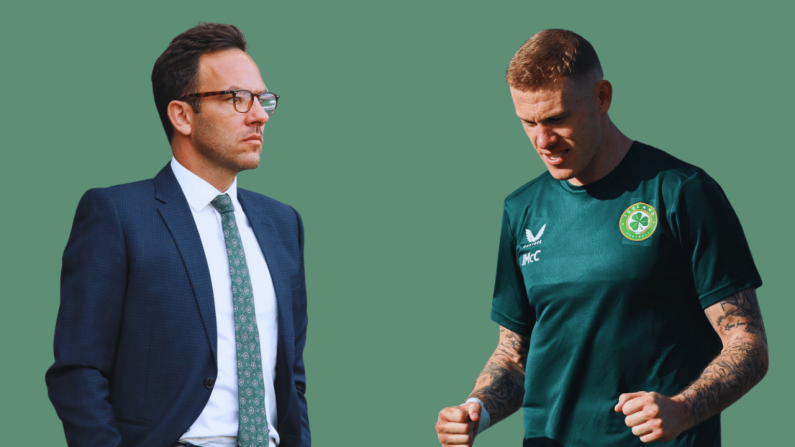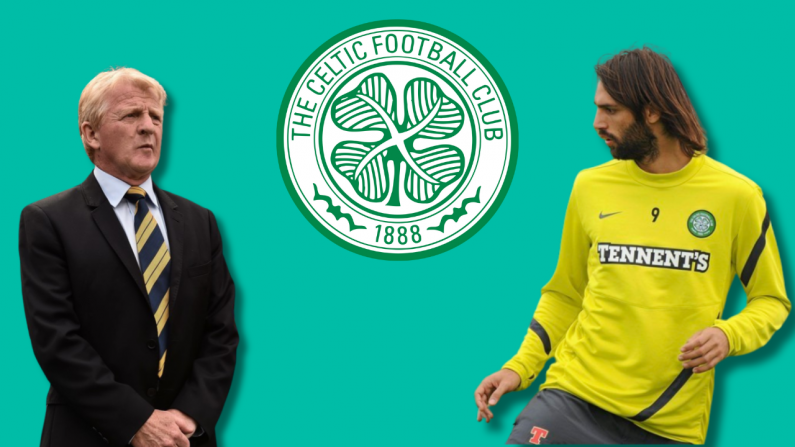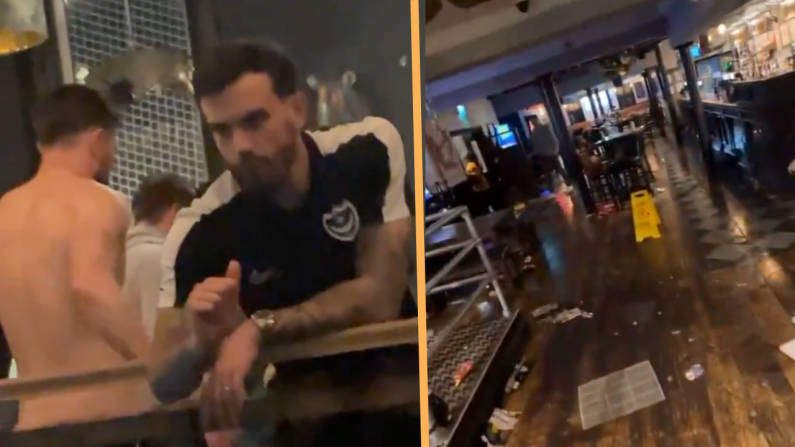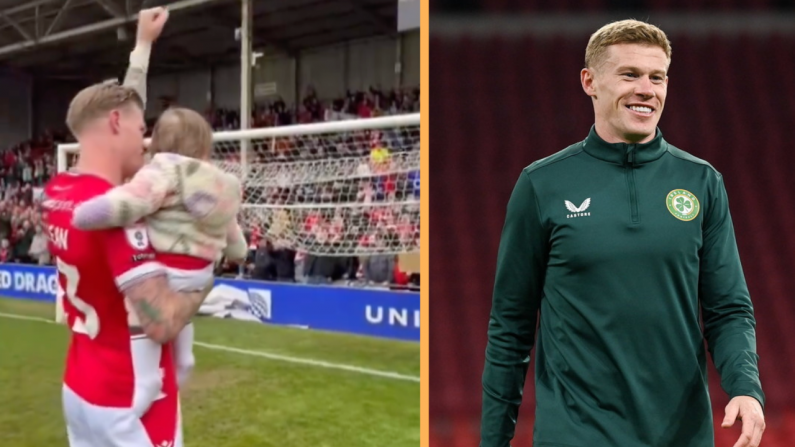Speaking ahead of Manchester United's trip to Selhurst Park on Monday night, Jose Mourinho reiterated his concerns regarding Marouane Fellaini's perilous contract situation:
Is he going to stay or leave? I don't know.
I want him to stay, the club want him to stay. The process, the negotiations, the numbers, the distances between the offer and what he wants, I really don't know.
Having utilised the tall Belgian's natural talents on a number of occasions since taking the United job in 2016, it is reasonable to assume that Mourinho would indeed like to keep Fellaini at the club.
Yet, to what end?
Clearly a player that Mourinho would not identify as ever being central to his plans, Fellaini, who joined the club under David Moyes in 2013, may rightly feel that five years on the relative periphery is enough for any player.
In holding out for a potential rise in pay that may make his role as one of United's second-half henchman a little more rewarding, the Belgian's prior experience with Everton will reassure him that there are plenty of teams and managers out there willing to afford him a role with a little more bite.
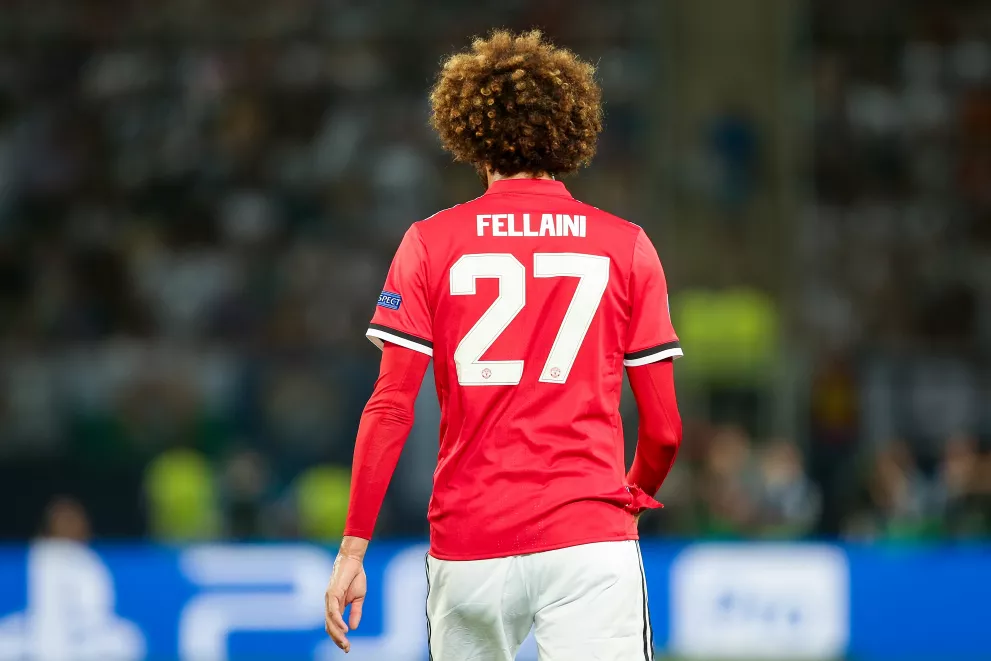
One of the initial post-Ferguson signings United made, what remains more troubling is the fact that Fellaini's experience under Moyes, Louis van Gaal and now Mourinho has been a relative success.
Although the question of how much money United (among others) have spent in recent years, the issue in a more pressing sense is who it has been spent on.
Of those players that could conceivably have been said to be bought for the first-team since Ferguson's retirement, how many can be said to have delivered upon the promise that warranted their purchase?
Marouane Fellaini, Juan Mata, Ander Herrera, Luke Shaw, Marcos Rojo, Angel Di Maria, Daley Blind, Memphis Depay, Matteo Darmian, Bastian Schweinsteiger, Morgan Schneiderlin, Anthony Martial, Eric Bailly, Zlatan Ibrahimovic, Henrikh Mkhitaryan, Paul Pogba, Victor Lindelof, Romelu Lukaku, Nemanja Matic and Alexis Sanchez.
Of these 20, five have already departed again; with Ibrahimovic looking to make this 6 by the end of this season.
While one cannot be exact regarding the importance of the remaining 14, it is arguably with Martial, Bailly, Pogba, Lukaku and Sanchez that most would suggest United have the making of important first-team players in seasons to come.
With the remaining eight, one feels that they could - and perhaps will - be replaced easier than not.

The question one is left with then; Are these failings subjective to the players themselves, or a wider indictment of United's ill-advised, ineffective recruitment policy?
A loaded question perhaps, former United player and youth academy Director Brian McClair recently spoke of Alex Ferguson's preference for signing "lucky" players however.
Slightly tongue in cheek, the essence of McClair's suggestion pointed toward the Scot's penchant for recruiting individuals that similarly subscribed to that kind of professional outlook that rewards those who are willing to work with the kind of "luck" that McClair identified in Ferguson.
Naturally enough, on their third manager in five seasons, it is more difficult for any one individual to implement such a stringent approach to recruitment at United currently.
The spread of players signed are the product of many conflicting minds working toward the same understood goal; it is a reality often evident in United's play.
Should Fellaini find himself departing the club this summer, he will undoubtedly look back on these five years with mixed feelings. He has won trophies he probably wouldn't have won elsewhere, has scored numerous important goals, and, for a brief spell of van Gaal's first season in charge, looked to have made serious inroads into leaving the kind of decisive mark on matches that had been lacking since his days under David Moyes at Everton.
And yet, he will unquestionably recall the booing, the constant doubts surrounding his ability, and the presumably dispiriting fact that for the last two seasons of his career, his usefulness to Mourinho as a 'big 'un' whose sheer presence may disrupt United's hitherto stagnant attempts at winning a football match.
Where Rio Ferdinand recently spoke of joining Manchester United and being immediately confronted with the enormity (and the possibilities) of where he had landed, it is difficult to comprehend whether such an impact is still possible.
Irrespective of their performances in recent season, the club remains enormous in stature. And, no doubt, this daunting reality has perhaps found out one or two of those less impressive players listed above.
Yet, the most startling indictment of United's set up as it currently stands is the blatant unwillingness, or incapability, of helping these players to realise their potential once they have joined.
Although glimpses of the traits that had made the club admirable and despised in equal measure during Ferguson's tenure are still spotted occasionally, Manchester United has become a toxic environment for aspiring players.
Can it really be any surprise that those who have fared best since the departure of Ferguson in 2013 are those who spent some time working beneath him?
See Also: There's A Lot More To The Carlow Tweet Controversy Than Meets The Eye

